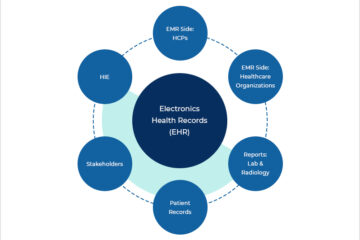
WASHINGTON, April 13 — Blood thinners like warfarin have long been used to lower the risk of stroke in patients with atrial fibrillation, but require continuous monitoring and dietary restriction to be sure blood has not been thinned too much.
Researchers at Loyola University found, however, that newer blood thinning drugs — such as dabigatran, rivaroxaban, apixaban and edoxaban — are as effective as warfarin at thinning blood but require less monitoring, according to a press release.
While blood thinning drugs reduce the risk of stroke caused by a clot from the heart, they can increase hemorrhagic strokes caused by bleeding into the brain — for which drugs newer than the 60-year-old warfarin lower the risk, according to the U.S. Food and Drug Administration.
“When starting warfarin, it takes a few days before the drug takes effect,” Unger said. “And when stopping warfarin, it takes a few days for its effects to wear off. The new drugs start working rapidly, and their effects wear off fairly rapidly. For most patients, this is an advantage.”
For the study, published in the journal Current Treatment Options in Cardiovascular Medicine, researchers at Loyola reviewed research and suggest that while the drugs can be safer for patients, age, kidney function and other health factors should be considered when prescribed.
While there are still concerns about other effects, Unger said the new drugs have overall fewer concerns about interacting with other drugs or with foods, in addition to requiring less frequent blood testing.
[Source:- UPI]




